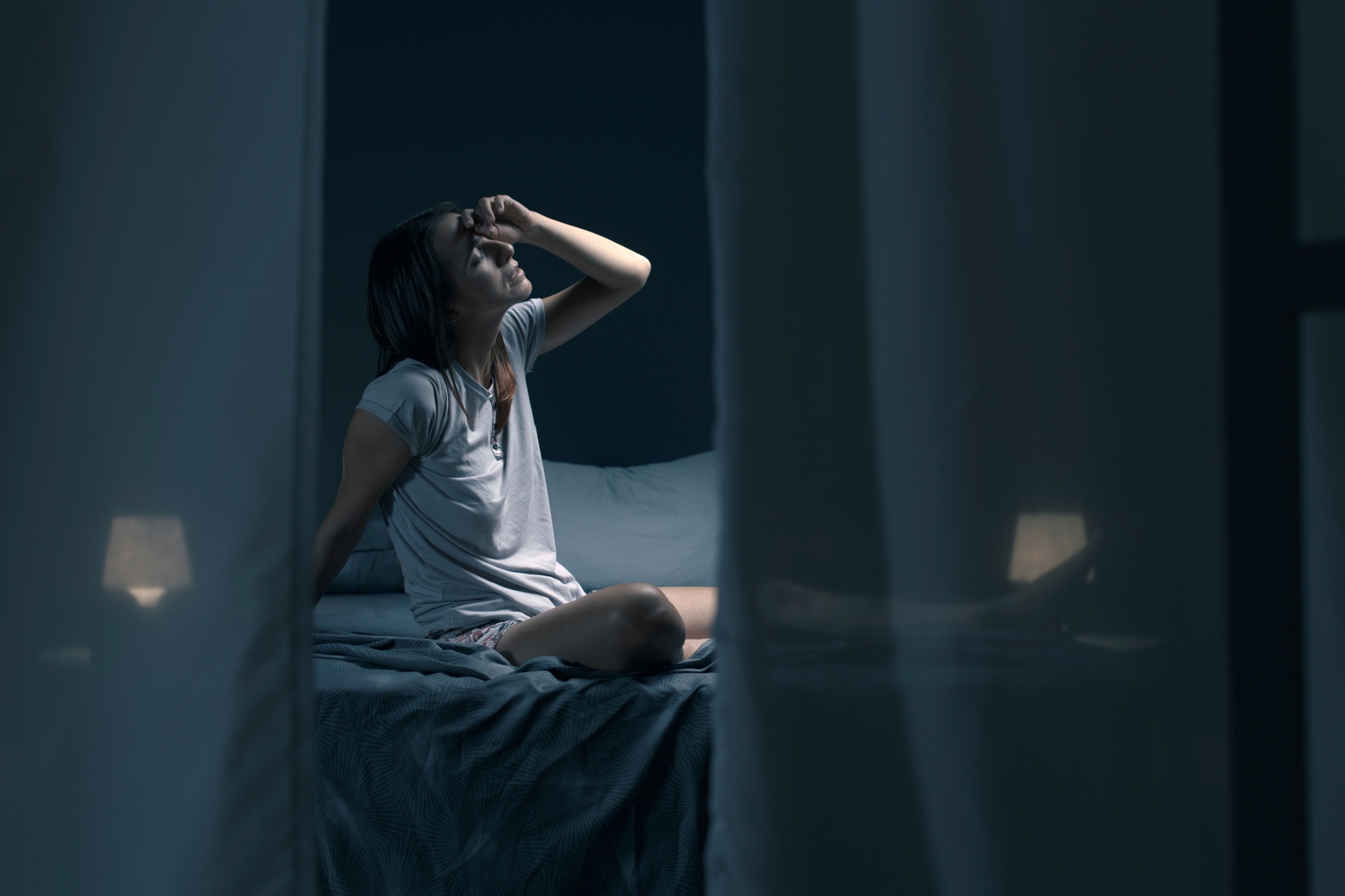Health
Expert Tips to Combat Sleep Disruption During Extreme Heat

As temperatures soar, many individuals are experiencing increased daytime fatigue and difficulty concentrating. According to Wendy Hall, an emeritus professor at the UBC Nursing School, the extreme heat significantly affects sleep quality. Hall explains that the body’s core temperature, which plays a crucial role in regulating sleep, may rise in high-temperature environments. This disruption can lead to fragmented sleep patterns, making it challenging to get adequate rest.
Understanding the Impact of Heat on Sleep
Hall notes that our bodies maintain a specific core temperature range essential for falling asleep. When exposed to excessive heat, this temperature regulation becomes difficult. “We don’t recommend high-impact physical activity right before bed because it raises your core body temperature,” she stated. It can take hours for this temperature to decrease, delaying the ability to fall asleep.
In a typical cycle, the core temperature rises slightly around 4 a.m., signaling the body to prepare for waking. However, if the environmental temperature remains elevated—above 27°C or 28°C—this can confuse the body’s internal clock, leading to a disrupted sleep cycle and wakeful periods throughout the night.
Effective Strategies for Better Sleep
To improve sleep quality during hot nights, Hall offers several practical tips.
First, she advises opening windows and doors around 9 p.m. to allow cooler air to circulate. This should be combined with a fan to enhance ventilation. It’s crucial to ensure that any openings do not invite unwelcome pests into the home.
Another recommendation is to avoid taking daytime naps. Hall warns that brief naps can prevent the buildup of sleep pressure, which is necessary for a more restorative night’s sleep.
For those without air conditioning, Hall suggests creative cooling methods. One effective strategy is to soak a pair of socks in water, freeze them, and wear them to bed. This can help lower body temperature as you fall asleep. Alternatively, some individuals freeze their top sheets, allowing for a refreshing surface to sleep on.
Taking a cool shower before bed can also be beneficial. While it might be uncomfortable to shower in cold water, adjusting the temperature to a tolerable cool level can help lower your body temperature significantly.
Hydration and Cautionary Measures
Maintaining proper hydration is essential, especially in hot weather. Hall cautions against consuming alcohol, sugary beverages, or caffeine close to bedtime, as these can disrupt sleep and lead to dehydration. She stresses the importance of drinking plenty of water throughout the day but recommends limiting intake immediately before bed to avoid nighttime awakenings.
Hall also advises against relying on melatonin supplements for sleep. While melatonin is naturally produced by the body to induce drowsiness, Hall warns that taking it can disrupt circadian rhythms and may not be effective in the heat. “I’m not a big fan of melatonin,” she states, emphasizing the importance of natural sleep regulation.
Recognizing signs of overheating is crucial. Symptoms such as tingling skin, headaches, or nausea indicate that the body is struggling with heat. In such cases, Hall recommends cooling down immediately and ensuring adequate salt intake, as sweating depletes the body of essential salts, which can lead to muscle cramps.
As the summer heat continues to challenge sleep patterns, implementing these strategies can help individuals achieve more restful nights. By understanding the physiological impacts of high temperatures and taking proactive measures, it is possible to improve sleep quality even during the hottest nights.
-

 Politics4 weeks ago
Politics4 weeks agoSecwepemc First Nation Seeks Aboriginal Title Over Kamloops Area
-

 World5 months ago
World5 months agoScientists Unearth Ancient Antarctic Ice to Unlock Climate Secrets
-

 Entertainment5 months ago
Entertainment5 months agoTrump and McCormick to Announce $70 Billion Energy Investments
-

 Science5 months ago
Science5 months agoFour Astronauts Return to Earth After International Space Station Mission
-

 Lifestyle5 months ago
Lifestyle5 months agoTransLink Launches Food Truck Program to Boost Revenue in Vancouver
-

 Technology3 months ago
Technology3 months agoApple Notes Enhances Functionality with Markdown Support in macOS 26
-

 Lifestyle3 months ago
Lifestyle3 months agoManitoba’s Burger Champion Shines Again Amid Dining Innovations
-

 Top Stories2 months ago
Top Stories2 months agoUrgent Update: Fatal Crash on Highway 99 Claims Life of Pitt Meadows Man
-

 Politics4 months ago
Politics4 months agoUkrainian Tennis Star Elina Svitolina Faces Death Threats Online
-

 Sports5 months ago
Sports5 months agoSearch Underway for Missing Hunter Amid Hokkaido Bear Emergency
-

 Politics5 months ago
Politics5 months agoCarney Engages First Nations Leaders at Development Law Summit
-

 Technology5 months ago
Technology5 months agoFrosthaven Launches Early Access on July 31, 2025













